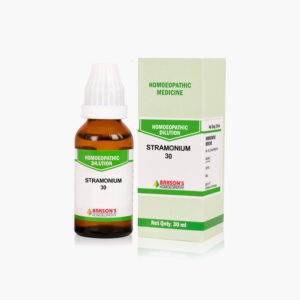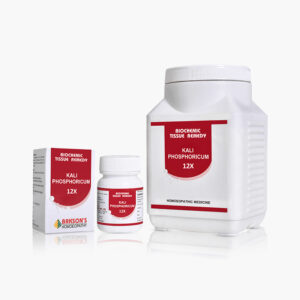What is Mania?
Mania is defined as a state of excitement manifested by mental and physical hyperactivity, disorganization of behaviour and elevation of mood. Periods of high or irritable mood are called manic episodes. The patient becomes very active and is full of energy. He/she might sleep far less than normal, and may dream up grand plans that could never be carried out. Patients may also develop psychotic symptoms such as false beliefs (delusions) or false perceptions (hallucinations). Hypomania is an episode when the patient has mild symptoms of mania and the psychotic symptoms are absent.
Globally, the lifelong prevalence rate of bipolar disorder is 0.3-1.5%
Risk factors
The exact cause of bipolar disorder is unknown but scientists believe that multiple factors play a cumulative role in its emergence. Genetically, children with a parent or sibling with the disorder have a higher predisposition to be affected. There are certain environmental factors like prenatal and perinatal factors (example- evidence of strong association between bipolar and seropositivity for certain microorganisms) and postnatal factors (childhood maltreatment, psychological stressors, substance abuse) that might be responsible for the development of bipolar disorder.
Sign and symptoms
Symptoms can cause unpredictable changes in mood and behaviour, resulting in significant distress. Mania may present as various types which are as follows-
- Bipolar I disorder. Characterised by at least one manic episode that may be preceded or followed by hypomanic or major depressive episodes.
- Bipolar II disorder. Characterised by at least one major depressive episode and at least one hypomanic episode with no maniac episode at all.
- Cyclothymic disorder: Characterised by many periods of hypomania symptoms and periods of depressive symptoms for at least two years- one year in childhood and the other in teenage.
Other symptoms like increased energy and agitation, decreased sleep, unusual talkativeness, distractibility etc. are also found commonly.
Diagnosis
A patient with suspected mania must be evaluated thoroughly with respect to the history and primary characteristics like recent change in sleep activity, appetite, irritability etc. Haematological test must be run to rule out another differential. Brain imaging (CT or MRI) is important in determining any organic cause of mania.
General management
Mania patients rarely seek treatment on their own and they are always brought to the hospital after an episode has occurred. Maintaining a stable sleep pattern, setting realistic goals, avoiding alcohol and drugs and stress reduction helps in managing the symptoms. Self-medication is contraindicated.
Warning: Above information provided is an overview of the disease, we strongly recommend a doctor’s consultation to prevent further advancement of disease and/or development of complications.
Disclaimer: The information provided herein on request, is not to be taken as a replacement for medical advice or diagnosis or treatment of any medical condition. DO NOT SELF MEDICATE. PLEASE CONSULT YOUR PHYSICIAN FOR PROPER DIAGNOSIS AND PRESCRIPTION.



 Login
Login





